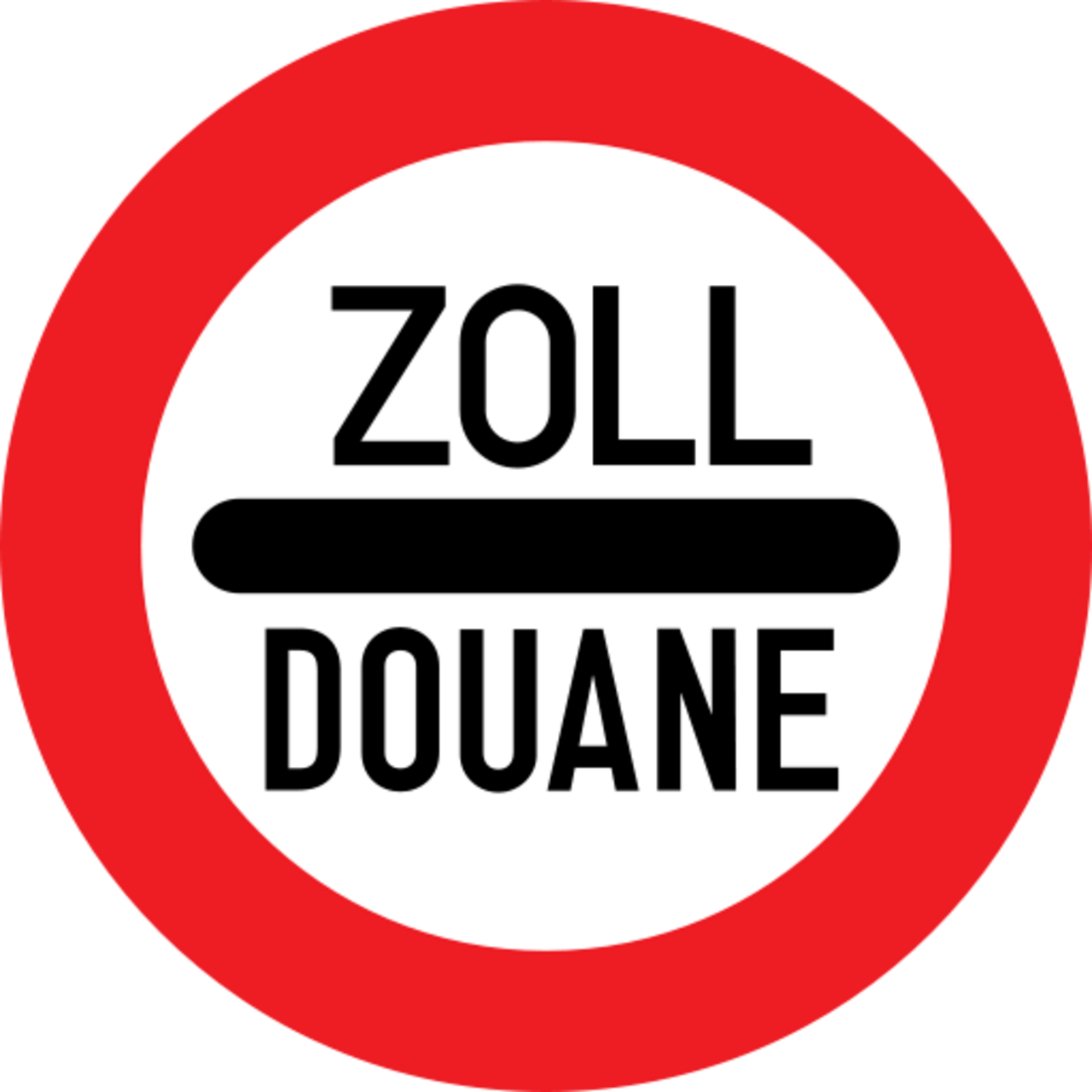Project
Impact of Trade Agreements

Impacts of the bilateral, regional and multilateral trade agreements
Trade agreements of the EU are often under fire: for some people welcome thedismantling of tradebarriers because of better market accessandhigher revenues;while others expect a sold-out of high social and healthstandards in Europe.
Background and Objective
The Thünen Institute of Market Analysis analyses how free trade agreements discussed in the EU with, for example, New Zealand or the Mercosur countries can affect the European and German agricultural markets. The focus of the studies is on the reduction of tariffs, i.e. tariff protection, since according to the EU Commission, non-tariff trade barriers such as hormone meat imports are not under discussion.
Approach
How Free Trade Agreements (FTA) affects agricultural markets requires an international trade model. Therefore we use the economic model MAGNET (Modular Applied General Equilibrium Tool) developed together with colleagues from the Agricultural Economic Research Institute "Wageningen Economic Research" in the Netherlands. MAGNET covers the global economy with a focus on agricultural sectors and the downstream processing activities. The model is suitable for the analysis of trade agreements, including an assessment of other policy measures such as biofuel mandates.
Before applying MAGNET, we draw our attention on the current level of tariff protection between the EU, the US and Japan. This qualitative analysis already indicates which sectors will be affected by any trade liberalization.
The level of currently applied tariffs on trade between the EU and the USA and Japan for both agricultural products and processed food are particularly high. Protection for industrial products and other raw materials, such as coal and oil, are quite low with tariff rates between one and four percent. Striking high tariffs are imposed by Japan on processed foods from the EU, especially on rice, sugar and milk products.
The current tariff level serves as the reference for a quantitative analysis an abolition of these import restrictions under a FTA. With the MAGNET model we simulate what happens when tariffs are lifted in accordance with the trade agreements. These model simulations require not only information about the level of duties but also an extensive set of additional data. We derive this data mainly from the GTAP database, which consists of 135 countries and regions and 57 sectors or products. The GTAP database builds on input-output tables of the national accounts. In addition, we also draw on data from the International Energy Agency (IEA), the Food and Agriculture Organization of the United Nations (FAO), the World Bank and the Ministry of Agriculture of the United States (USDA).
Thünen-Contact

Involved Thünen-Partners
Duration
Permanent task 1.2001 - 12.2025
Publications
- 0
Pelikan J, Döbeling T (2022) Handelsabkommen zwischen der EU und Neuseeland: Folgen für den Agrar- und Ernährungssektor. Braunschweig: Thünen-Institut für Marktanalyse, 2 p, Project Brief Thünen Inst 2022/35, DOI:10.3220/PB1664351814000
- 1
Döbeling T, Pelikan J (2021) Free trade under a free trade agreement? The restrictiveness of tariff-rate quotas between the EU and Canada : Conference paper for the 16th Congress of the European Association of Agricultural Economists (EAAE), July 20-23, 2021, Virtual, postponed due to the Covid-19 crisis. 13 p
- 2
Pelikan J, Döbeling T (2020) EU-Mercosur Agreement: Consequences for the agricultural and food sector. Braunschweig: Thünen Institute of Market Analysis, 2 p, Project Brief Thünen Inst 2020/11a, DOI:10.3220/PB1586242213000
- 3
Pelikan J, Döbeling T (2020) EU-Mercosur-Abkommen: Folgen für den Agrar- und Ernährungssektor. Braunschweig: Thünen-Institut für Marktanalyse, 2 p, Project Brief Thünen Inst 2020/11, DOI:10.3220/PB1585893992000
- 4
Pelikan J, Döbeling T (2020) JEFTA: The economic partnership agreement between the EU and Japan, Poster präsentiert auf dem GFFA, Berlin, 16.01.2020 bis 18.01.2020. Braunschweig: Thünen-Institut für Marktanalyse, 1 p
- 5
Pelikan J, Banse M (2014) Auswirkungen regionaler Freihandelsabkommen auf deutsche und europäische Agrarmärkte. Braunschweig: Johann Heinrich von Thünen-Institut, 26 p, Thünen Working Paper 17, DOI:10.3220/WP_17_2014
https://literatur.thuenen.de/digbib_extern/bitv/dn053253.pdf

![[Translate to English:] [Translate to English:]](/media/_processed_/3/e/csm_AdobeStock_249730128_92f14d3a63.jpeg)
![[Translate to English:] [Translate to English:]](/media/_processed_/3/e/csm_AdobeStock_249730128_a6fcf4c893.jpeg)




